 A Magical Ambassador and his Disastrous Distortions of History
A Magical Ambassador and his Disastrous Distortions of History - Book Review of “Ambassador Morgenthau’s Story” -
At the time my first book “The Genocide of Truth” was in stage of final compilation in 2007, I did not spare one of my chapters to this important pivotal figure in the Turkish – American – Armenian three party relations, mainly because my Volume 1 book (702 pages) was full enough of many other (some 2000) excerpted documents.
Yet, the name and deeds of Morgenthau is referred about fifty times in my .. book, with two important references based on the research by Prof. Heath W. Lowry, on the diary and letters of Henry Morgenthau, after which he wrote his piercing book “The Story Behind Ambassador Morgenthau’s Story” ISBN-975-428-019-3..

.






 Paper presented to the Second Annual PFA Forum on Armenia-Diaspora Relations
Paper presented to the Second Annual PFA Forum on Armenia-Diaspora Relations 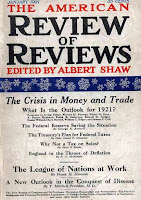
 Paper Presented At The: Central Eurasian Studies Society 4th Annual Conference Cambridge, Mass. USA
Paper Presented At The: Central Eurasian Studies Society 4th Annual Conference Cambridge, Mass. USA  Paper Presented To The Second Annual Pfa Forum On Armenia-Diaspora Relations
Paper Presented To The Second Annual Pfa Forum On Armenia-Diaspora Relations 

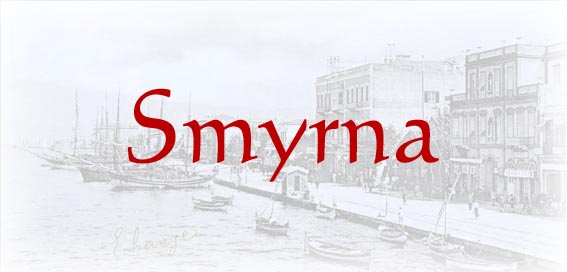 The Greek army started occupying Western Anatolia on 15 May 1919, in the aftermath of the First World War and under the sanction of the Council of the Paris Peace Conference. Although the initial instructions of the Council restricted the occupation zone to the brders of Izmir (Aydin) province, the Greek army started to advance into Anatolia from the first day of their landing in Izmir.
The Greek army started occupying Western Anatolia on 15 May 1919, in the aftermath of the First World War and under the sanction of the Council of the Paris Peace Conference. Although the initial instructions of the Council restricted the occupation zone to the brders of Izmir (Aydin) province, the Greek army started to advance into Anatolia from the first day of their landing in Izmir. 

 The Armenian question is a product of European (French Liberty) inspirations, exploited by Imperial Powers such as Russia-Britain-France for their own hidden objectives. The founders of Hunchak, ARF, Ramgavar etc. were idealists but they were risking the lives of “mostly satisfied Turkish Armenians, who were the top class”. In every deal of “freedom” there is the heavy role of CASH.
The Armenian question is a product of European (French Liberty) inspirations, exploited by Imperial Powers such as Russia-Britain-France for their own hidden objectives. The founders of Hunchak, ARF, Ramgavar etc. were idealists but they were risking the lives of “mostly satisfied Turkish Armenians, who were the top class”. In every deal of “freedom” there is the heavy role of CASH. 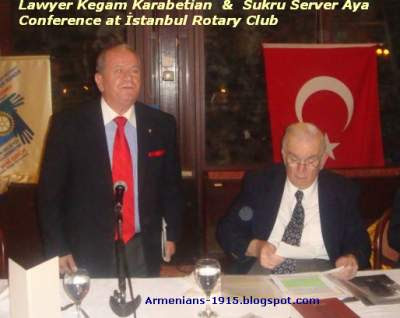
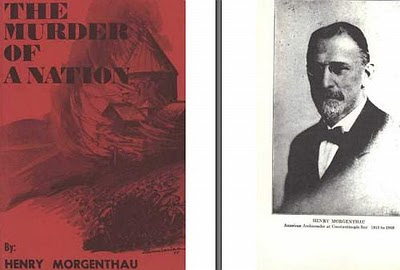
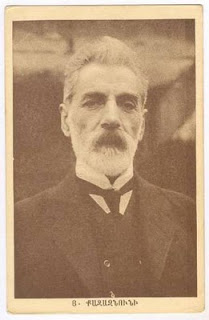

 The Armenian Revolutionary Federation (ARF) and the Hnchak Party entered into a dialogue with Turkish opposition groups in Paris in 1900 and took part in the First Congress of Ottoman Opposition Forces in 1902. At the end of 1907, the Second Congress of Ottoman Opposition Forces resolved to overthrow the Sultan and to restore the Ottoman constitution using much more radical means, including refusal to pay taxes, propaganda, and armed resistance, if necessary. . . .
The Armenian Revolutionary Federation (ARF) and the Hnchak Party entered into a dialogue with Turkish opposition groups in Paris in 1900 and took part in the First Congress of Ottoman Opposition Forces in 1902. At the end of 1907, the Second Congress of Ottoman Opposition Forces resolved to overthrow the Sultan and to restore the Ottoman constitution using much more radical means, including refusal to pay taxes, propaganda, and armed resistance, if necessary. . . . 








